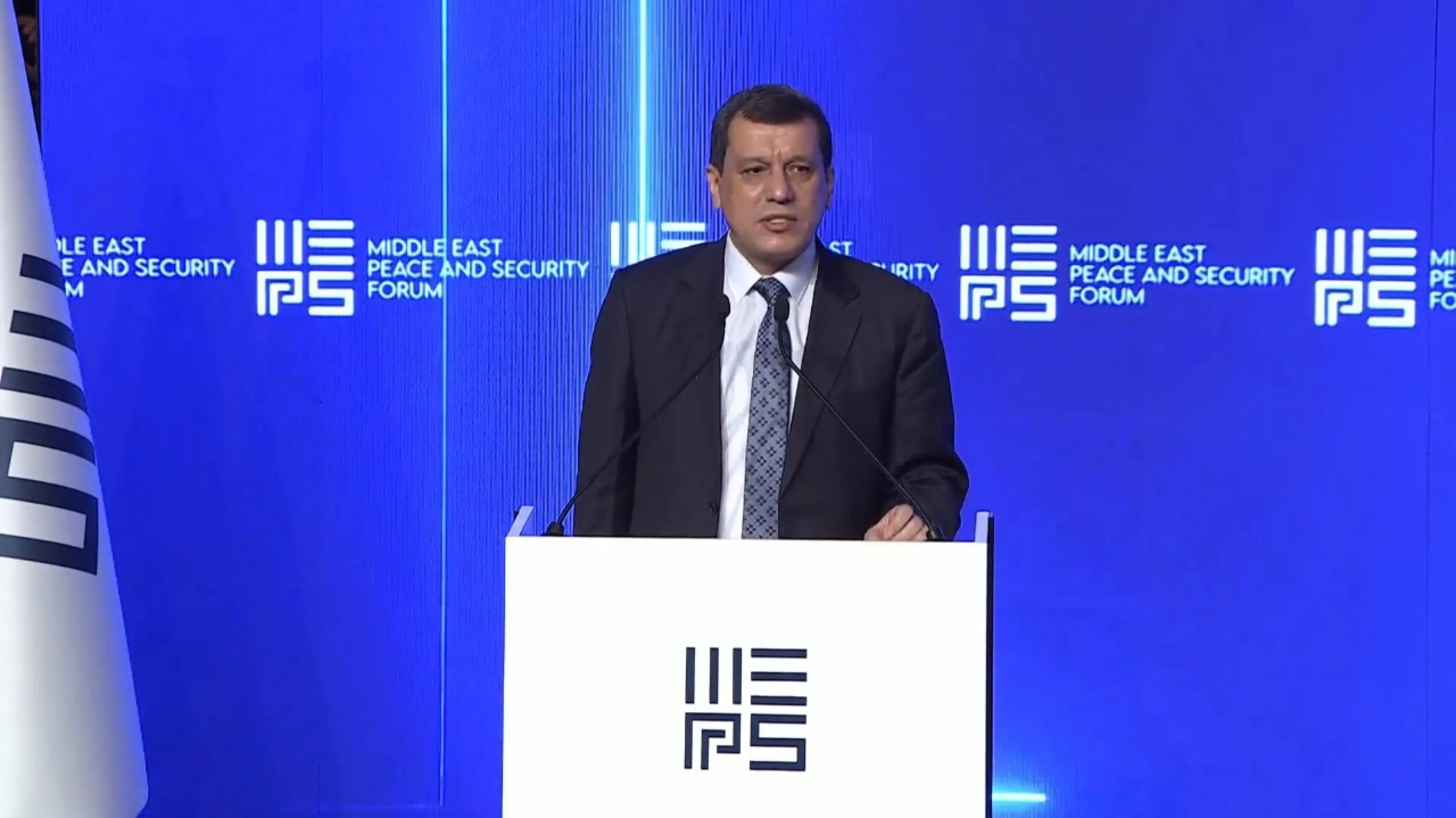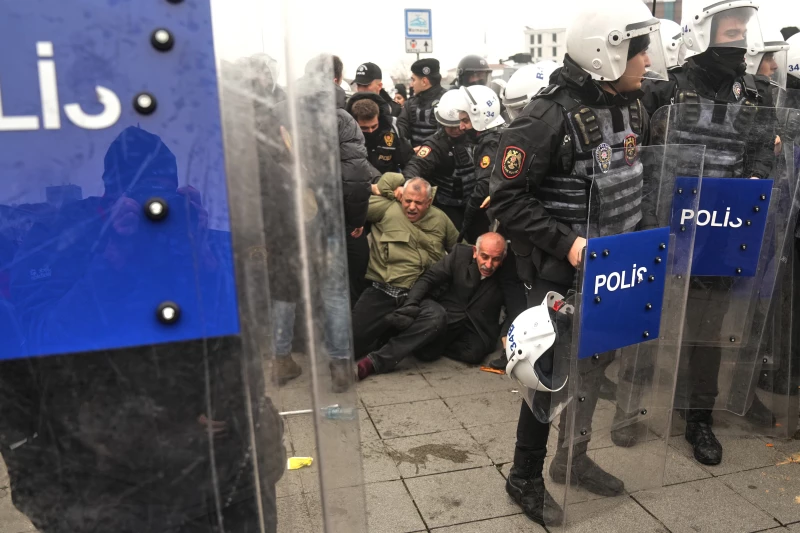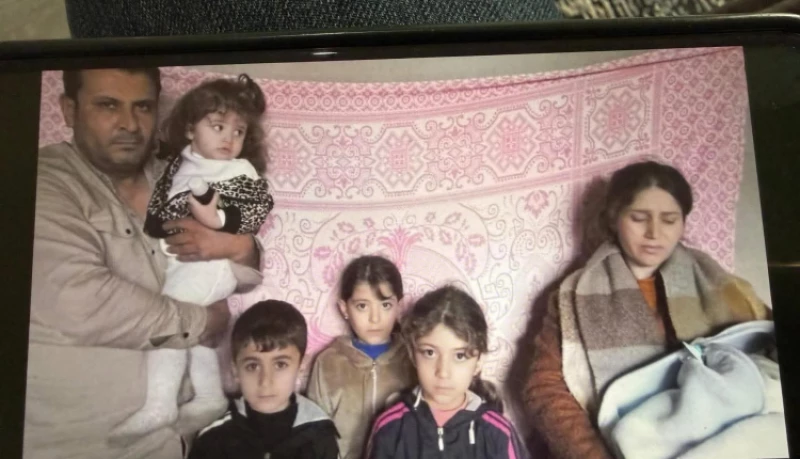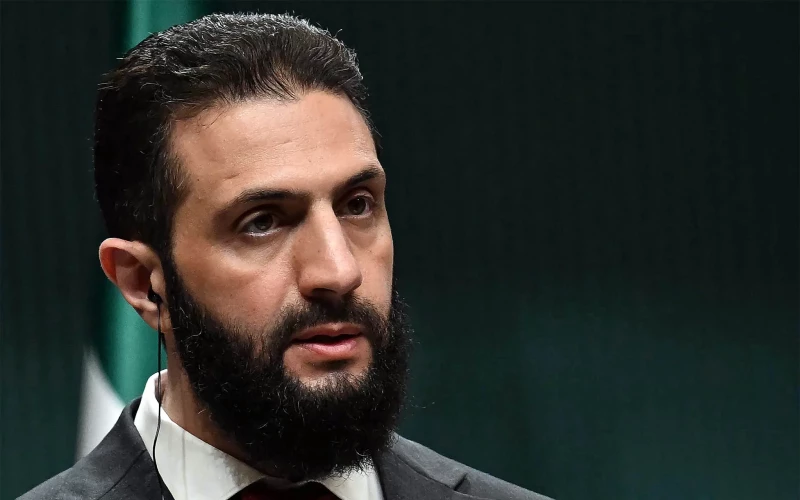ERBIL, Kurdistan Region of Iraq – Commander of the Kurdish-led Syrian Democratic Forces (SDF) Mazloum Abdi on Wednesday reiterated the push for a decentralized Syria, reaffirming the importance of dialogue as Damascus and northeast Syria (Rojava) navigate their relation.
Delivering remarks at the sixth Middle East Peace and Security (MEPS) Forum in Duhok, Abdi said, “We believe that after 15 years of war, Syria will not have a centralized system like the Baathist regime,” adding that “We have been at war too long, and we know too well that dialogue is key.”
The SDF commander stressed that the people’s fight against centralization was a catalyst in the fall of former Syrian President Bashar al-Assad, further explaining that another reason for Assad’s downfall was “the loss of dialogue.”
Rebel forces led by current Syrian President Ahmed al-Sharaa in December ousted Assad’s in an offensive, leading to Sharaa, then-leader of Hayat Tahrir al-Sham (HTS) seizing power in Damascus, subsequently forming a new government and declaring a transitional constitution.
Assad’s ouster left Damascus and Rojava to find common ground, culminating in a March 10 agreement signed between Sharaa and Abdi to integrate the Kurdish-led force into the Syrian state apparatus. The SDF is the Kurdish-led Rojava administration's de facto army.
Abdi told the forum that “if there is political will, the March 10 agreement will be implemented,” highlighting the role of President Masoud Barzani in unifying Rojava’s Kurds, and supporting them in their talks with Sharaa’s government.
The SDF chief urged Turkey – which has repeatedly called for the disarmament of Kurdish-led factions in Rojava, fearing links to its local foe, the Kurdistan Workers’ Party (PKK) – not to view Kurdish military presence in Rojava as a threat, reiterating Rojava’s support for a recent peace process between Turkey and the PKK.
The forum, held in Duhok’s American University of Kurdistan (AUK) has seen several high-profile leaders deliver key remarks, and attended by multiple others, over its three-day span, such as President Masoud Barzani, Kurdistan Region Prime Minister Masrour Barzani, and Kurdistan Region President Nechirvan Barzani, as well as representatives from across the Middle East and over the world.



 Facebook
Facebook
 LinkedIn
LinkedIn
 Telegram
Telegram
 X
X


